
Image Denoising Using AutoEncoders in Keras and Python 
This 1-hour long project-based course will teach you how to use Autoencoders in Keras and Python to denoise images. You will learn how to import key libraries, dataset and visualize images, perform image normalization, pre-processing, and add random noise to images. You will also build an Autoencoder using Keras with Tensorflow 2.0 as a backend, compile and fit Autoencoder model to training data, and assess the performance of trained Autoencoder using various KPIs. This course is best suited for learners based in the North America region. ▼
ADVERTISEMENT
Course Feature
![]() Cost:
Cost:
Paid
![]() Provider:
Provider:
Coursera
![]() Certificate:
Certificate:
Paid Certification
![]() Language:
Language:
English
![]() Start Date:
Start Date:
17th Jul, 2023
Course Overview
❗The content presented here is sourced directly from Coursera platform. For comprehensive course details, including enrollment information, simply click on the 'Go to class' link on our website.
Updated in [August 31st, 2023]
Skills and Knowledge:
You will acquire the following skills and knowledge during this course:
- Knowledge of Autoencoders and their applications
- Understanding of image normalization, pre-processing, and adding random noise to images
- Ability to build an Autoencoder using Keras with Tensorflow 2.0 as a backend
- Proficiency in compiling and fitting Autoencoder models to training data
- Expertise in assessing the performance of trained Autoencoders using various KPIs
Professional Growth:
This course contributes to professional growth by providing the following benefits:
1. Understanding the theory and intuition behind Autoencoders: Autoencoders are a popular deep learning technique used for various tasks, including image denoising. By understanding the theory and intuition behind Autoencoders, learners can gain a deeper understanding of the underlying concepts and principles of this technique.
2. Importing key libraries, dataset, and visualizing images: This course teaches learners how to import essential libraries and datasets required for image denoising using Autoencoders. Additionally, learners will also learn how to visualize images, which is a crucial skill for understanding and analyzing data.
3. Performing image normalization, pre-processing, and adding random noise to images: Image normalization and pre-processing are essential steps in preparing data for training machine learning models. This course teaches learners how to perform these tasks effectively. Additionally, learners will also learn how to add random noise to images, which is a common technique used for training Autoencoders for denoising tasks.
4. Building an Autoencoder using Keras with Tensorflow 2.0 as a backend: Keras is a popular deep learning library, and Tensorflow is a widely used deep learning framework. By learning how to build an Autoencoder using Keras with Tensorflow 2.0 as a backend, learners can enhance their skills in using these tools for deep learning tasks.
5. Compiling and fitting Autoencoder model to training data: This course teaches learners how to compile and fit an Autoencoder model to training data. By learning these skills, learners can gain hands-on experience in training deep learning models and optimizing their performance.
6. Assessing the performance of trained Autoencoder using various KPIs: Evaluating the performance of machine learning models is crucial for understanding their effectiveness. This course teaches learners how to assess the performance of a trained Autoencoder using various Key Performance Indicators (KPIs). By learning these skills, learners can effectively evaluate and improve the performance of their models.
Overall, this course provides learners with practical skills and knowledge in image denoising using Autoencoders, which can contribute to their professional growth in the field of deep learning and computer vision.
Further Education:
This course can be suitable for preparing for further education. It covers the theory and intuition behind Autoencoders, which is a fundamental concept in deep learning. It also provides hands-on experience in importing libraries, preprocessing images, building and training an Autoencoder model using Keras and Tensorflow. Additionally, it teaches how to assess the performance of the trained model using various key performance indicators (KPIs). This knowledge and practical experience can be valuable for further education in the field of deep learning and image processing.
Course Provider

Provider Coursera's Stats at AZClass
Discussion and Reviews
0.0 (Based on 0 reviews)
Explore Similar Online Courses
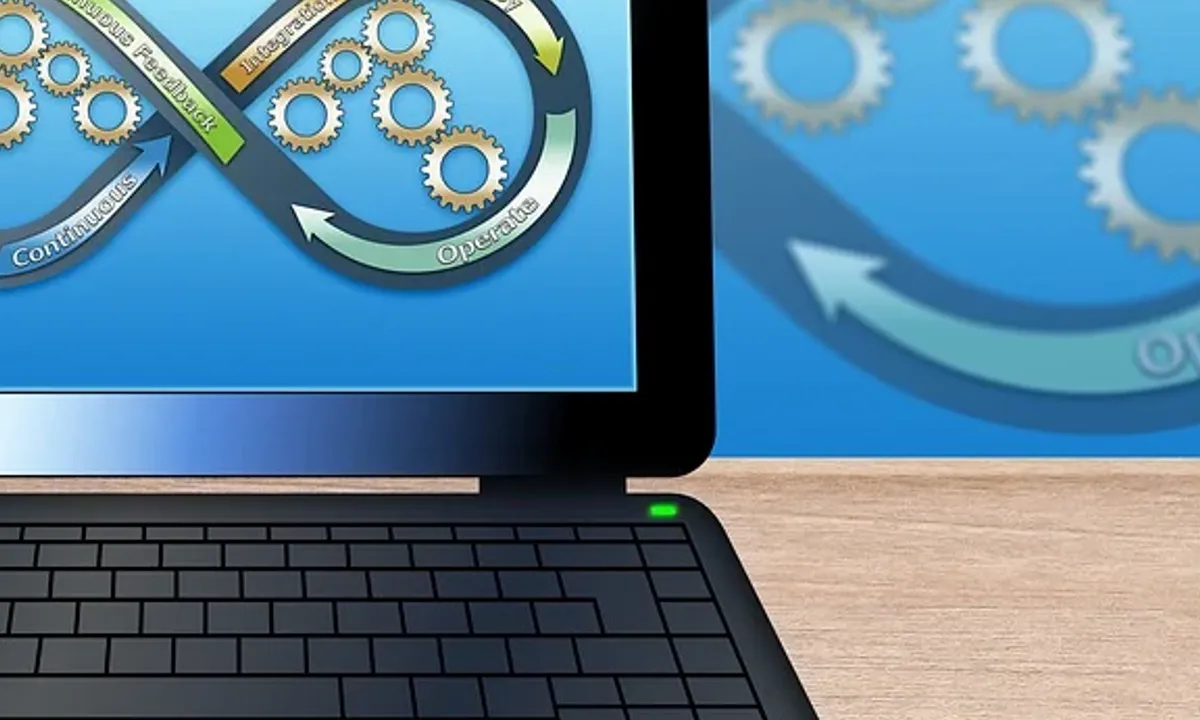
Introduction to Ansible: The Fundamentals
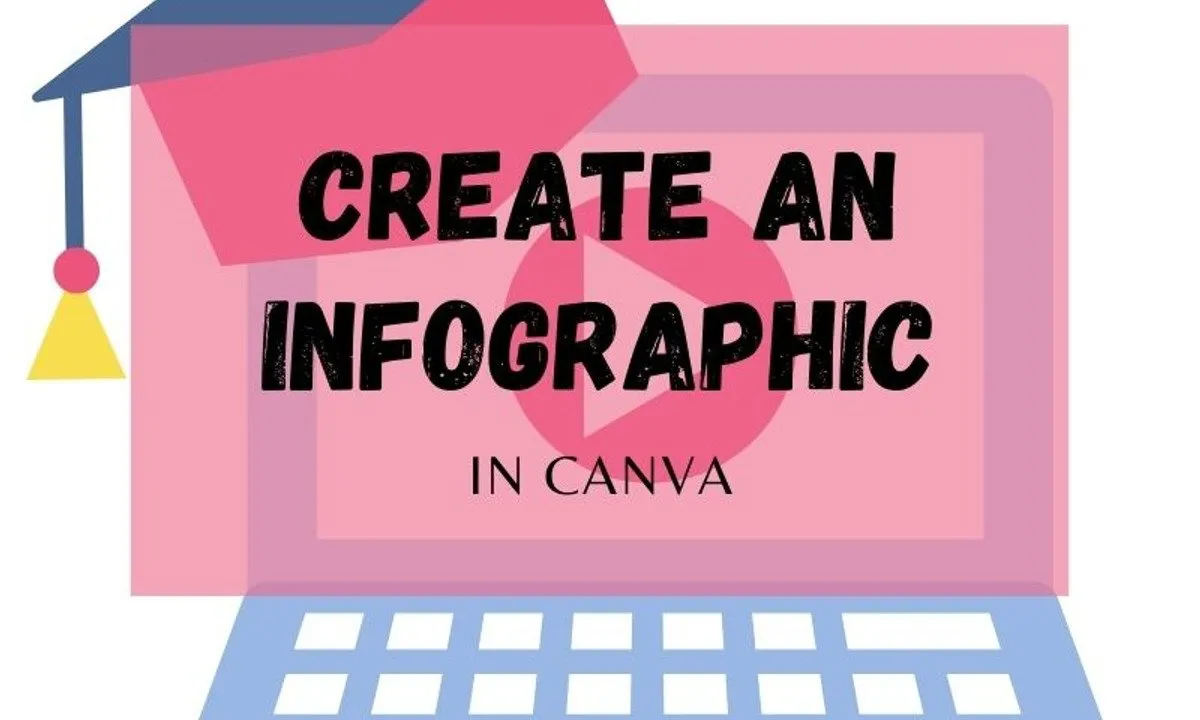
Create an Infographic in Canva

Python for Informatics: Exploring Information

Social Network Analysis

Introduction to Systematic Review and Meta-Analysis

The Analytics Edge

DCO042 - Python For Informatics

Causal Diagrams: Draw Your Assumptions Before Your Conclusions

Whole genome sequencing of bacterial genomes - tools and applications
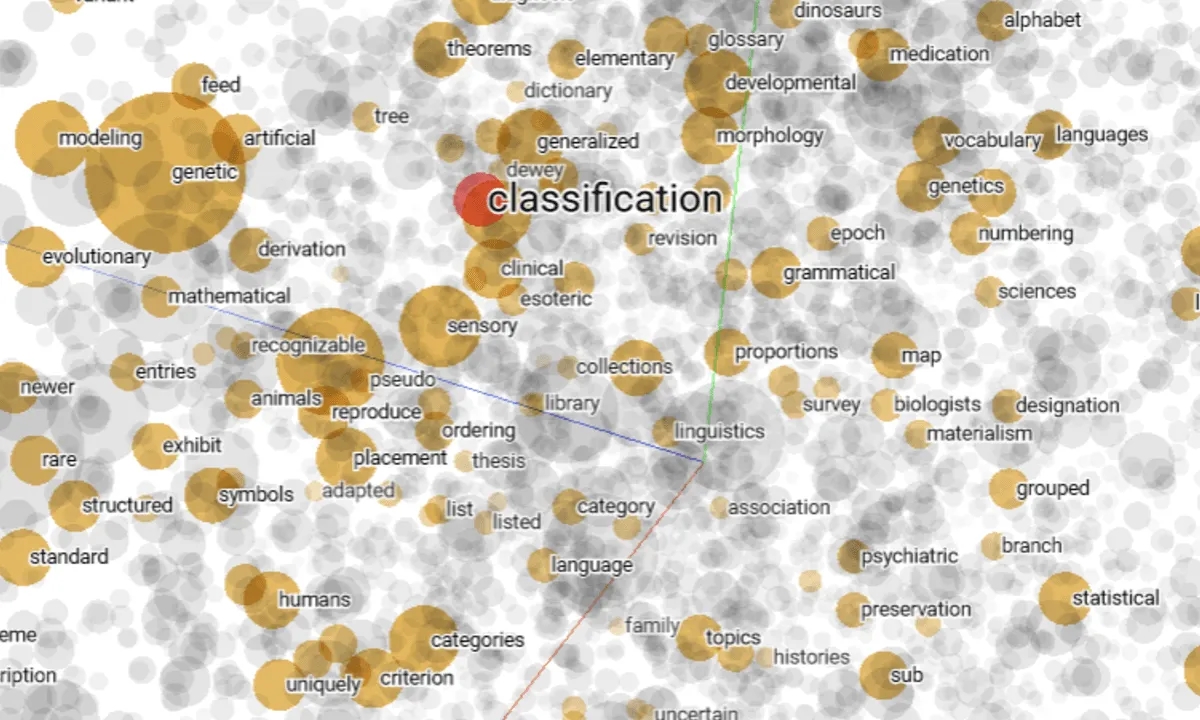
Convolutions for Text Classification with Keras
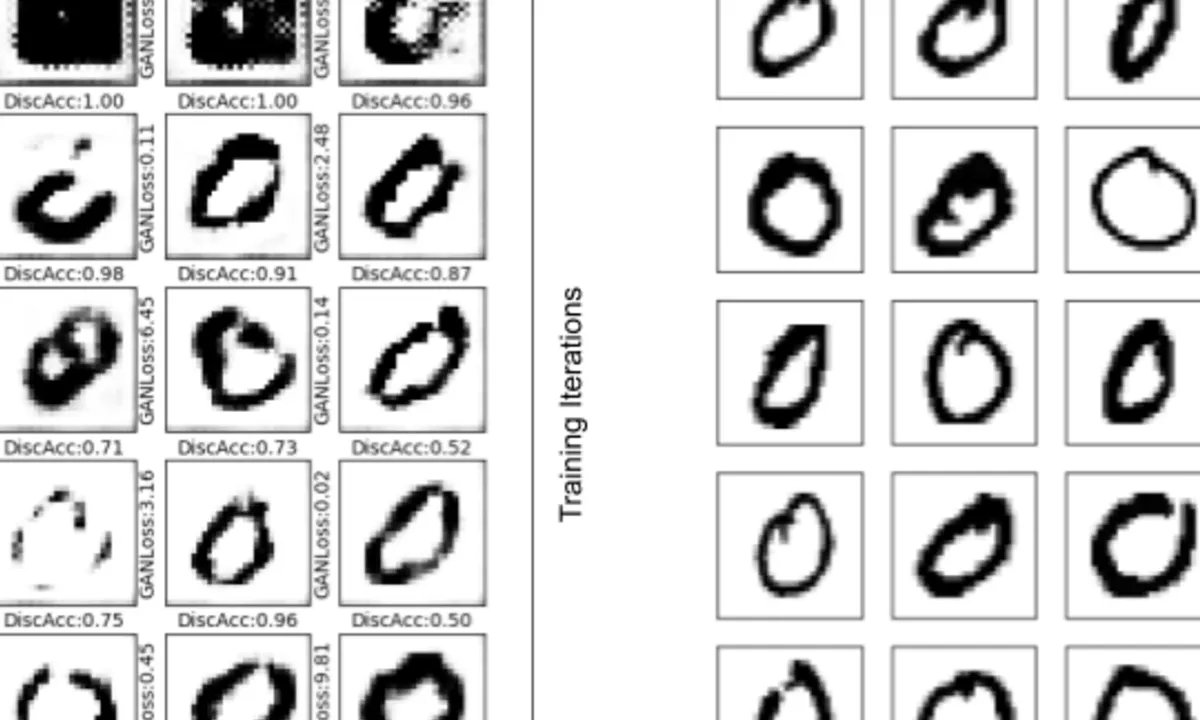
Understanding Deepfakes with Keras
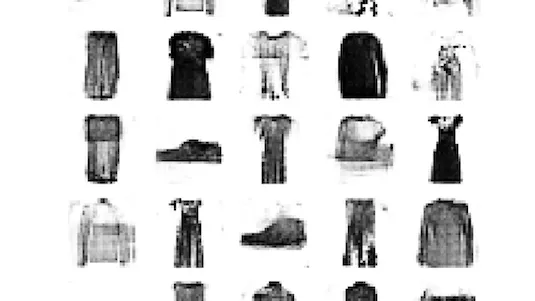

Start your review of Image Denoising Using AutoEncoders in Keras and Python